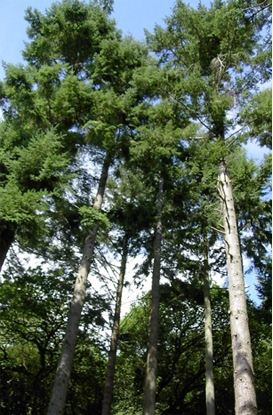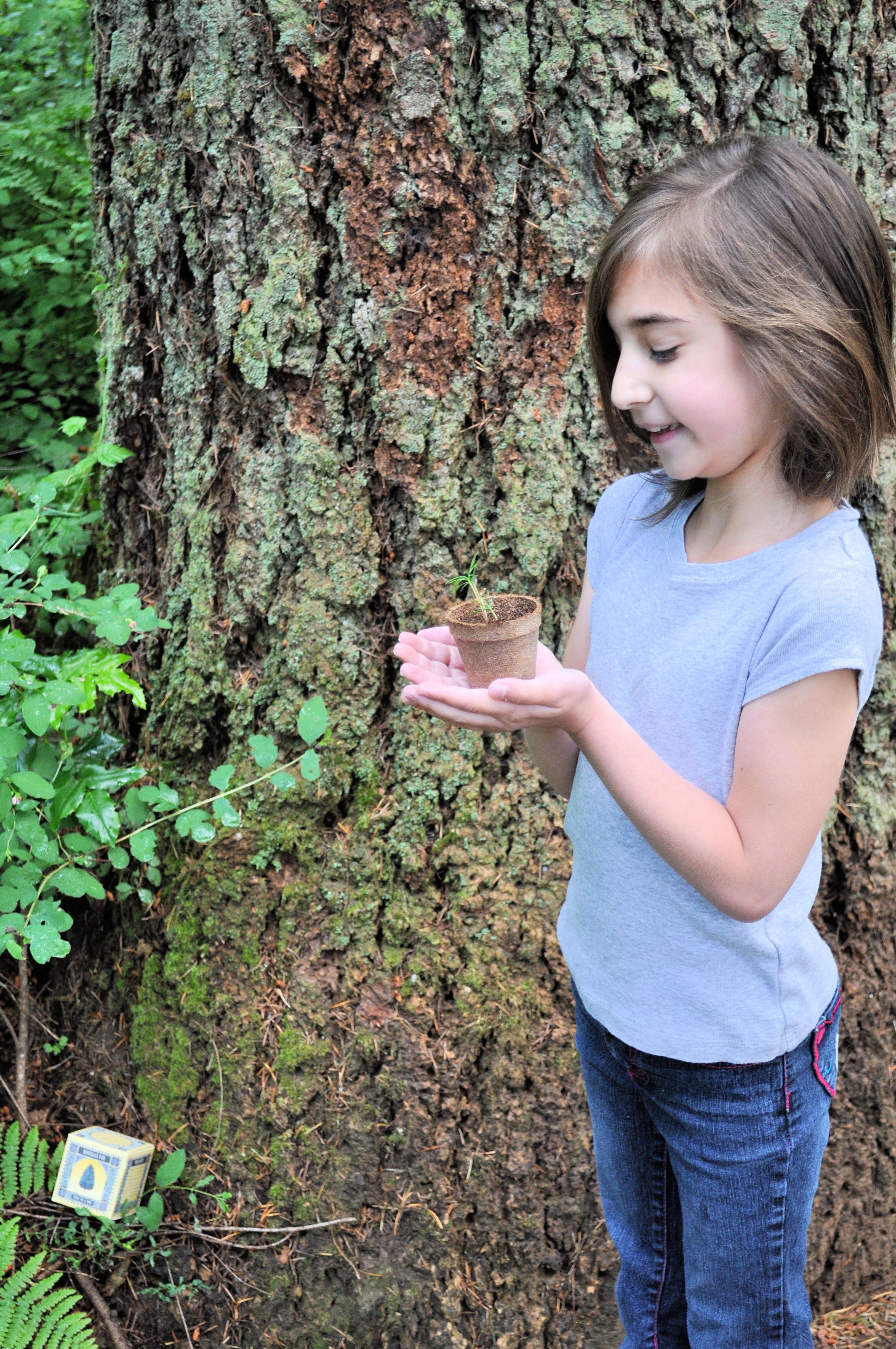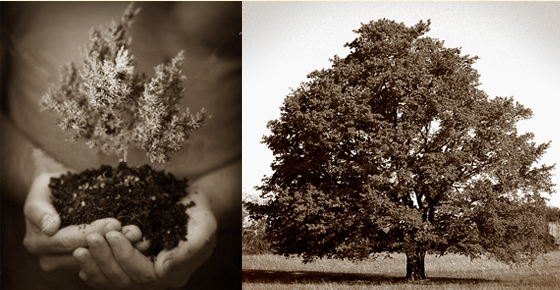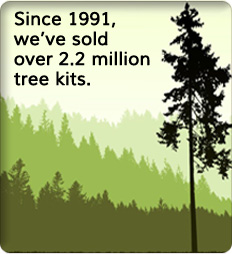 Loading... Please wait...
Loading... Please wait...- 1-800-343-2313
- Home
- My Account
- Gift Certificates
- View Cart
Benefits of Trees
If you’ve ever been walking in the sun on a bright hot day, then entered into the cool embrace of a big beautiful shade tree, you have intuitively connected with the benefits of trees…
ENVIRONMENTAL BENEFITS
- Trees produce Oxygen (O2)

- Trees help reduce the “greenhouse effect” by absorbing CO2.
- One tree removes about 1 ton of CO2 per year.
- All the trees in the US eliminate about 1 million tons of CO2 per year
- Trees act as a filter, cleaning the air by intercepting airborne particles, and absorbing air pollutants like carbon monoxide, sulfur dioxide, and nitrogen dioxide.
- By cooling the air and ground around them, the shade from trees helps cool the Earth’s temperature.
- Birds and animals use trees for their homes, shelter, and as a food source.
- Tree bark and fruit have many medicinal properties, which are still being discovered.
- Two mature trees provide enough O2 for a family of four.
ECONOMIC BENEFITS
- In 50 years one tree recycles more than $37,000 worth of water, provides $31,000 worth of erosion control, $62,000 worth of air pollution control, and produces $37,000 worth of oxygen.

- Well placed trees help cut energy costs and consumption by decreasing air conditioning costs 10-50% and reducing heating costs as much as 4-22%.
- Trees increase property values by 5 to 20% due to their landscaping value.
- Forest planting is one of the most cost-effective ways of reducing CO2. To remove 1 pound of CO2, planting tree costs less than 1 cent, developing more energy efficient appliances costs about 2 ½ cents, and developing more fuel-efficient cars costs about 10 cents.
COMMUNITY BENEFITS
 Trees are good noise barriers, making cities and neighborhoods quieter places to live.
Trees are good noise barriers, making cities and neighborhoods quieter places to live.- Trees enhance the aesthetics of our environment. Their grandeur, tenacity, and beauty are probably the most enjoyable aspect of trees.
- Trees flower, change colors, and make our landscapes beautiful.
- Trees provide privacy, highlight views or screen them, and reduce glare.
- Trees help prevent city flooding by catching raindrops and offsetting runoff caused by buildings and parking lots. One large tree can intercept more than 1000 gallons of water annually.
- A tree-line buffer between fields and streams helps remove farming pollutants before they reach the water and recharges underground aquifers. Trees can either store harmful pollutants or actually change the pollutant into less harmful forms.
 PERSONAL BENEFITS
PERSONAL BENEFITS
- Trees make us FEEL good! We feel peaceful, restful, strong and alive around trees.
- Hospital patients heal faster; require shorter stays and less painkillers if room windows face trees.
- Trees connect us to nature and to our most deeply held spiritual and cultural values.
- We become attached to trees when we plant them ourselves, especially when planted as living memorials…
- Trees are the longest living and largest living organisms on Earth.
- Trees smell good!
- People who plant trees become healthier, better looking, richer, and have more friends (well maybe that’s stretching it a bit) – plant a tree and find out!
LEAVE A LEGACY

Planting a tree produces a LEGACY that you and your children can visit as the years go by, reminiscing about how you used to be the same height as the tree, marveling as the tree grows, and basking in the coolness and shade on a hot summer day…






